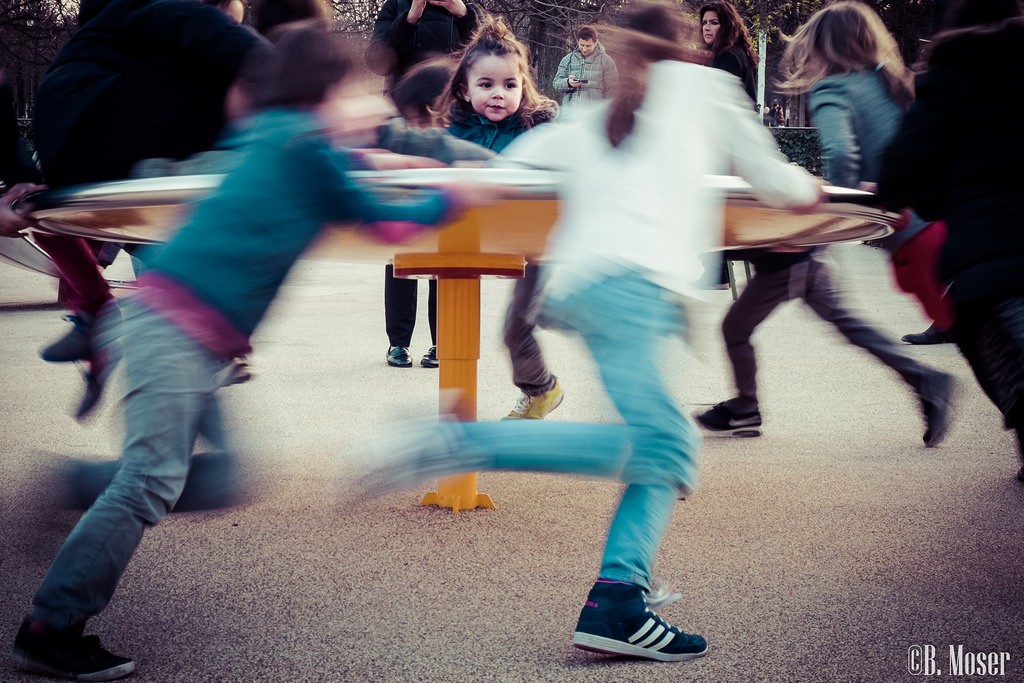This is a reflection written by Esther Kaufman on the lecture by Professor Cindi Katz at the recent Learning Outside the Lines Conference.
By juxtaposing childhood in Sudan and New York City, Professor Cindi Katz successfully brings to attention alarming issues impeding social childhood development in her lecture “Good Childhood, Social Childhood”.
Child Development and Safety
Despite the economic instability and low school enrollment in Sudan, Professor Katz research revealed that children’s opportunity to play and develop essential societal skills is greater than in the economic hub of New York City. The blame for this falls on many different aspects of American society, one being a new and ever-expanding narrative that paints cities as inherently unsafe. Even though there is no overwhelming statistic to suggest our era is more dangerous than that of the generation before, this narrative has changed the outlets available for child development.
To provide an example, Professor Katz presented images of overly secure playgrounds that seemed over-crowded with more parents than kids. With playgrounds barred off from the community and an era of “over-protective” parenting, kids are kept from making mistakes and interacting with one another to develop essential skills.

Childhood in Sudan
In Professor Katz’s case study, she saw kids in Sudan independently walking hours from home to help bring resources to the community by the age of 10. Comparatively, Americans ingrained with this “unsafe” narrative may often find it absurd to allow 10 year olds to ride the metro unsupervised.
Professor Katz did mention her fear that the kids in Sudan, with such great potential for development, still have little future opportunity due to their limited education. However, the community recognized this shortage and invested in their education to almost double their student enrollment in less than 15 years.
Who is Responsible for a ‘Good Childhood’?
Indeed, Professor Katz draws a comparison between a rural and an urban center, so perhaps this ever-decreasing space for childhood material interaction is an inevitable consequence of urbanization. Yet, perhaps it is the responsibility of our generation to invest in these neglected areas if we are to claim America as the “land of opportunity”.
Today, not enough social welfare is given to childcare programs across our nation, incarceration rates of children are too high, and there is an ever-vanishing sense of security in regards to child safety. Is it our duty to advocate for social welfare on behalf of kids who cannot?

About the Author:
Esther Kaufman is an undergraduate student studying Economics at the University of Maryland with a minor in Global Terrorism Studies. She is interested in the effects of economic policy on issues such as equality, welfare and radicalization of individuals in society.
Read more about the conference here, organised by the Bahá’í Chair for World Peace which took place at the University of Maryland, 28-29 September 2016.
Photo Credit: benoit.moser Flickr via Compfight cc.
